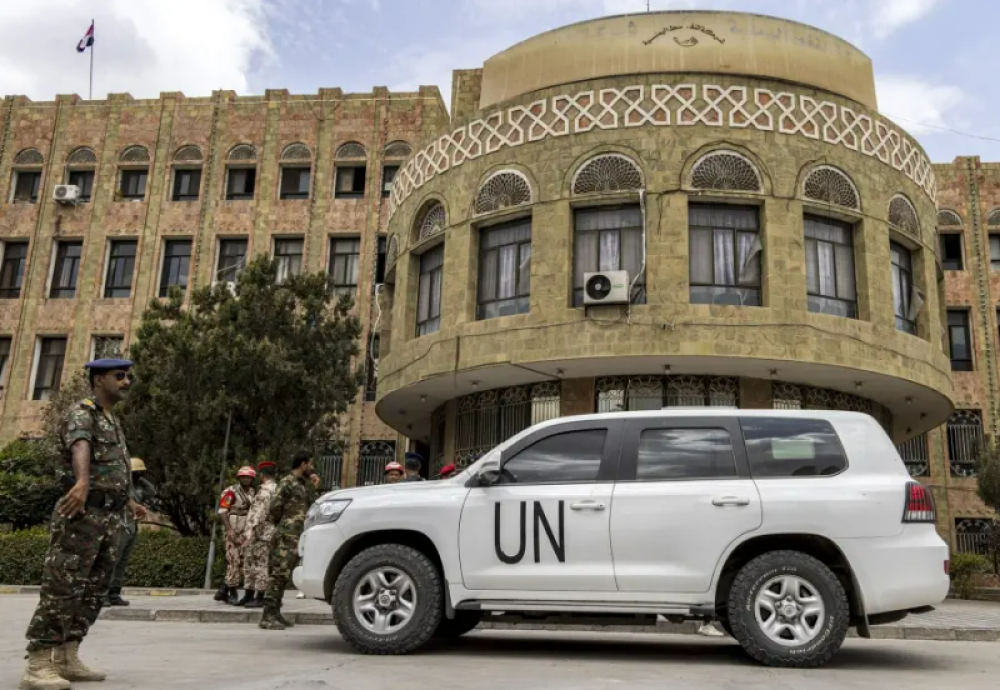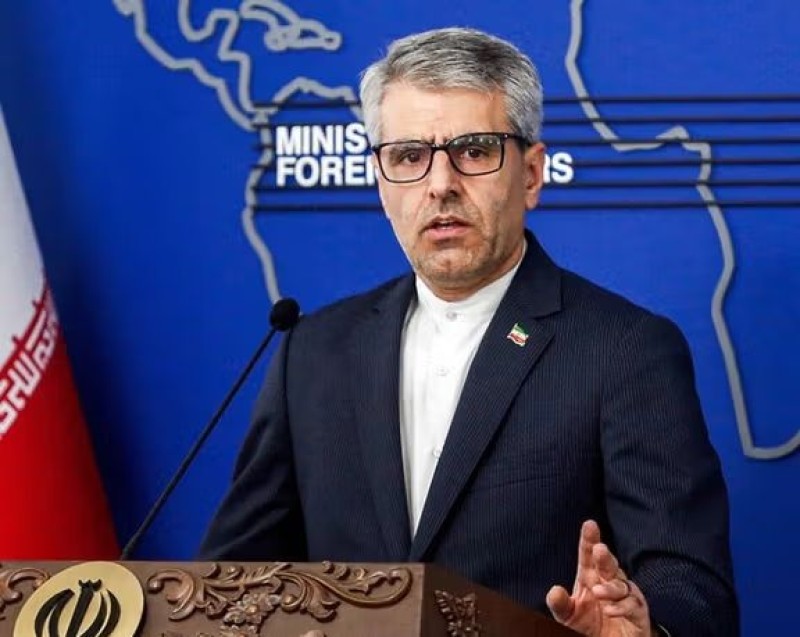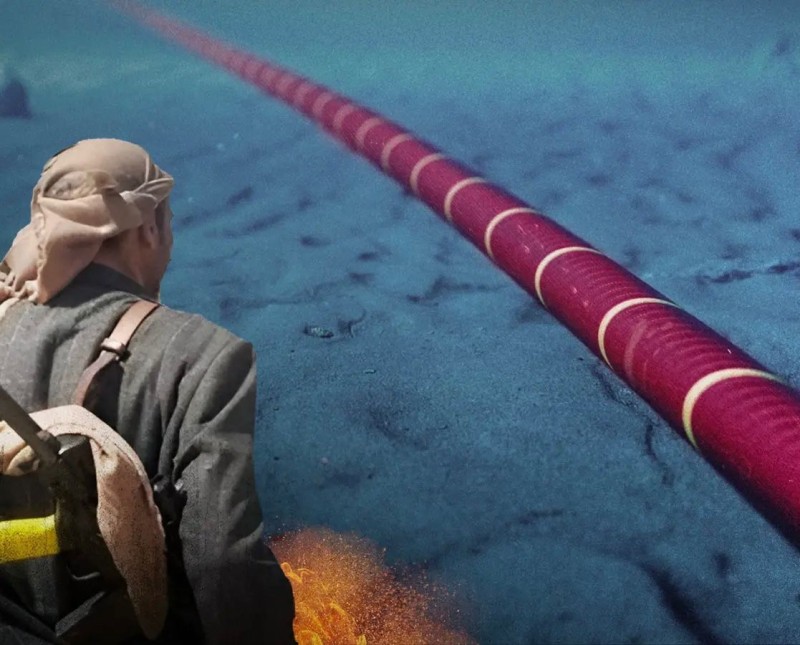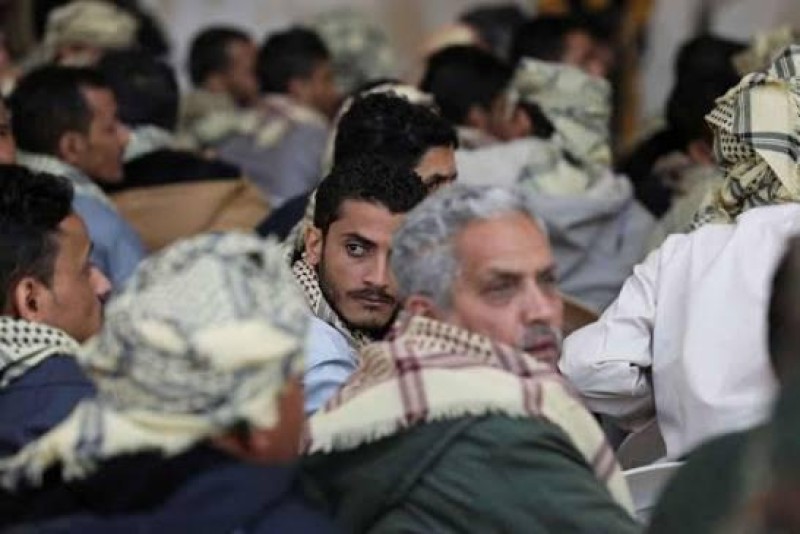Yemen: Houthis Disappear Dozens of UN, Civil Society Staff


Houthi security forces have, since May 31, 2024, arrested and forcibly disappeared dozens of people, including at least 13 United Nations staff and many employees of nongovernmental organizations operating in Houthi-controlled territories, Human Rights Watch said today. The arbitrary arrests appear to be based on the detainees’ present or past employment.
The Houthis, carried out these arbitrary arrests while widespread hunger and thirst remain rampant across Yemen, including in areas they control, and during a recent, major cholera outbreak that the Houthis hid for several months, based on ongoing Human Rights Watch research.
“The Houthis are using arbitrary detentions and enforced disappearances as a political tool at a time when the people living in their territories lack even the most basic needs,” said Niku Jafarnia, Yemen and Bahrain researcher at Human Rights Watch. “The Houthis should immediately release all of these people, many of whom have spent their careers working to improve their country.”
Human Rights Watch spoke to 20 people with knowledge of the arrests, as well as 4 Yemen analysts. Their identities are not being revealed for their safety, as they fear reprisals. Human Rights Watch also reviewed documents, videos, social media, and media reports, voice recordings, and other materials relevant to the detentions.
Houthi forces did not present search or arrest warrants at the time of arrest, and the authorities have refused to tell families where those arrested are being held, meaning that these acts amount to enforced disappearances. They have held detainees incommunicado, without access to lawyers or their families. On June 19, Human Rights Watch wrote to the Houthi human rights office with questions regarding the arrests and concerns about the apparent absence of any due process. The Houthis have not responded.
As far as Human Rights Watch has been able to determine, no charges have been brought against the people detained. However, Houthi authorities have a long history of bringing dubious charges against detained people, including espionage.
Starting on June 10, Houthi authorities released a series of videos and curated social media posts on the Houthi-affiliated TV channel, Al-Masirah, and its related social media platforms. These show 10 Yemeni men who were detained between 2021 and 2023. Most of them have been held incommunicado.
The videos show the men confessing that they were spying for the United States and Israel, but there is a high risk that these confessions were coerced. Human Rights Watch has previously documented the Houthis’ use of torture to obtain confessions. Publishing videos of confessions undermines the right to fair trial and lacks credibility.
Though the Houthis have not said whether the current arrests are linked to the videos and their related announcements of uncovering a “spy network,” sources, including analysts, said that they feared that the Houthis were trying to frame the recently detained people as spies.
Yemen analysts interviewed by Human Rights Watch also suggested political motives for the arrests. The Yemeni government-controlled central bank issued a decision on May 30 to end transactions with six banks within Houthi territories that refused to move their headquarters to Aden, which is under the control of the Yemeni government and the Southern Transitional Council (STC). The decision has the potential for a significant negative economic impact on Houthi-controlled territories. Analysts said that the arrests may be an attempt to put pressure on the Yemeni government to reverse the decision.
Enforced disappearances, in which the authorities detain a person and then refuse to acknowledge their whereabouts or situation when asked, are serious crimes under international law and are prohibited at all times under both international human rights law and international humanitarian law.
All of the detainees are Yemenis. The Houthis have told families not to speak out about the detention of their family members, in many cases saying that detainees will be released as soon as the Houthis have completed their interrogations, as long as they do not find anything.
“[The Houthis] know there will not be an [international] escalation from the arrest of the Yemenis, but if they arrested international staff there will be a huge escalation from the international community,” said one source.
UN Secretary-General Antonio Guterres and the UN high commissioner for human rights, Volker Türk, have called for the release of all UN and nongovernmental organization staff, as have other senior UN officials.

Tehran — Iranian Foreign Ministry spokesman Ismail Baghaei has voiced concern over the latest developments unfolding in Yemen, particularly i…

A new media report has revealed that Google is embarking on a major subsea cable initiative, dubbed Blue Raman, in a strategic move to establish a…

Muscat – Thousands of Yemeni families are anxiously watching the ongoing prisoner exchange talks in Muscat, Oman, hoping for a breakthrough t…